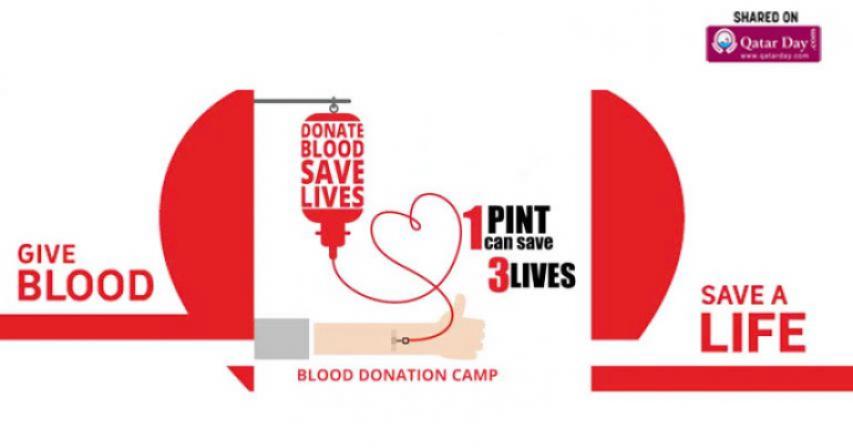Everything you need to know about blood donation
- 3 years ago

January marks National Blood Donor Month. Here’s everything you need to know about blood donation:
What Are the Different Blood Groups?
There are 8 different blood groups in total: A, B, AB, and O all of which are further divided into either Rh-positive or Rh-negative, so for example you could be A negative, AB positive or O negative etc. The most common blood group in the UK is O positive with 36% and the rarest is AB negative with just 1% of the population having this particular type of blood running through their veins. Scientists are continually doing research into the different blood groups and whether certain blood types are more at risk of contracting certain diseases. You may have also heard of the Blood Group Diet whereby it is suggested that you eat certain foods and avoid others depending on what blood group you are.
The difference between blood groups is basically to do with the number of antigens contained within it. Some of these antigens are compatible with one another, so for example O blood can be used in blood transfusions for people with either A or B blood groups as it contains neither A nor B antigens. But a person who has B blood should not receive A blood, as this causes the body’s immune system to start attacking what is essentially ‘alien’ red blood cells and can be life threatening to the patient.
Who Can Donate Blood?
Most adults are eligible to give blood. You can donate blood if you:
are fit and healthy
weigh between 7 stone 12 lbs (50kg) – 25 stone (160kg)
are aged between 17 – 66
are over 70 and have given blood in the last two years
However, there are some exceptions and if you are in any doubt it is worth speaking to your GP beforehand. Seek an expert opinion if you are:
currently receiving any medical treatment
pregnant or there is a possibility that you are pregnant
have recently had a tattoo or piercing
have received blood yourself.
Does It Hurt?
The needle thing? Well yeah obviously that’s never good, but if it bothers you that much don’t watch it going in, take a friend for company, or take a good book or listen to some music to help take your mind off it. It only takes roughly 10-15 minutes, so seriously it’s not that big a deal.
Is It Safe?
Health and safety is crucial when giving blood, both for the donor and to ensure the blood taken isn’t compromised. Before you are allowed to give blood you must first complete a health check to ensure you fit the relevant criteria.
Sterile and disposable equipment is used for each and every donor, so there is no risk of cross contamination, and staff are fully trained to carry out the simple procedure. It is advisable to drink plenty of fluids before you go along to your appointment, as well as eating a decent meal. You may be offered a drink and a biscuit after you have donated blood, because sometimes people may feel lightheaded, this also means it is important not to get up too quickly afterwards and to take things steady for the rest of the day.
Some people are concerned that by giving away some of their blood, it will deplete their own levels and thus put them at risk of becoming ill. This is not the case however, as a healthy body regenerates 1 pint of blood (plasma) within 48 hours and between 4 to 8 weeks it will also have replaced the red blood cells.
What Does Donated Blood Get Used For?
Put simply – blood donation saves lives. It is estimated that every year 200,000 new donors are needed to ensure that there is a constant supply of all of the different blood types needed.
Blood is made up of three components:
red cells
plasma
platelets
These components are used in different situations including; surgery patients, cancer patients, trauma patients, Leukaemia, burns victims, Sickle Cell Anaemia and many more. Unfortunately, like a pint of milk, blood does not have a particularly long shelf life and so top ups to supplies are always needed.
How Often Can I Donate Blood?
The average adult has between 8 and 12 pints of blood, and men are able to donate 1 pint of blood every 12 weeks and woman every 16 weeks if they wish. Ask your doctor or nurse for more information, or if you are concerned that a recent health problem may affect this.
Comments